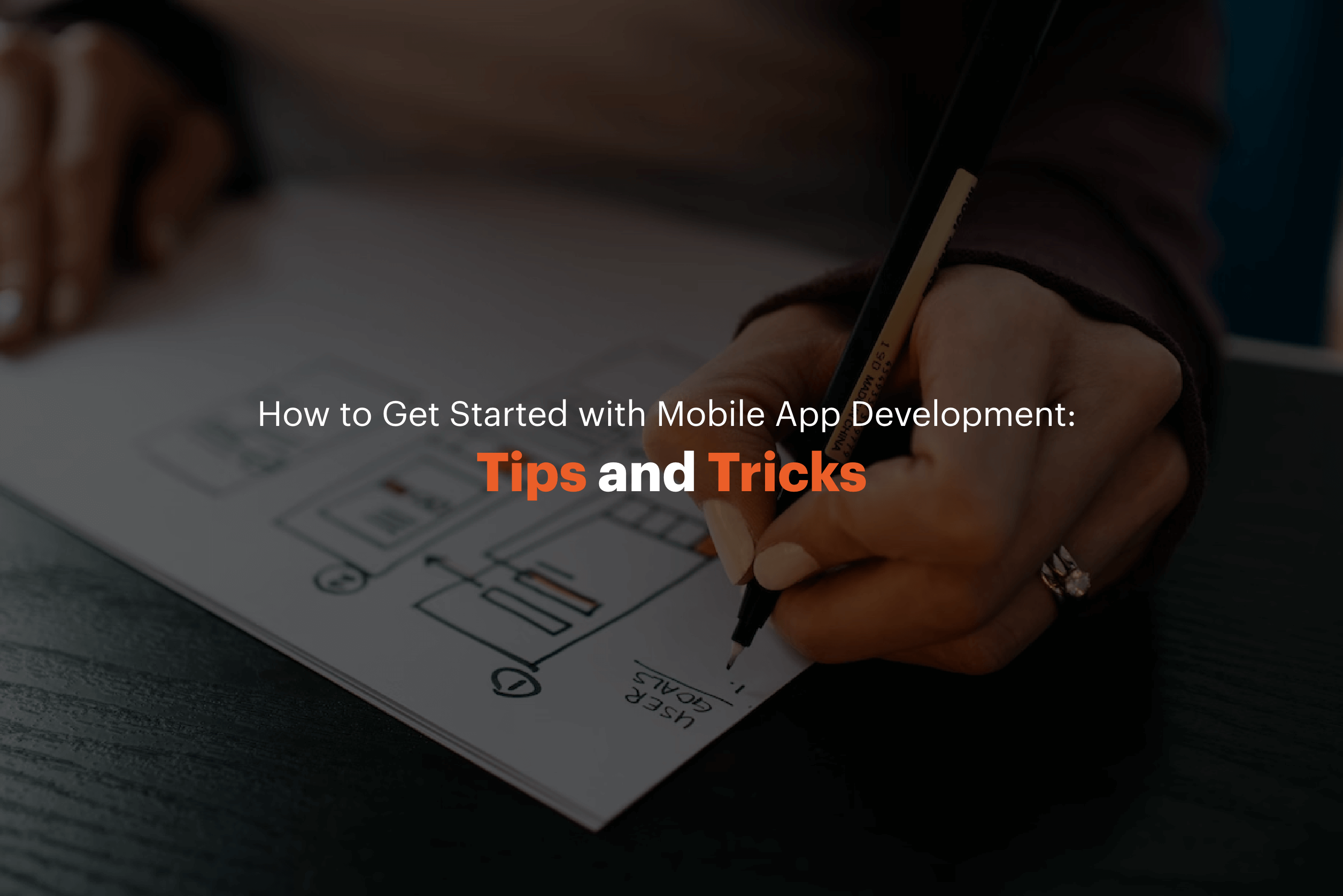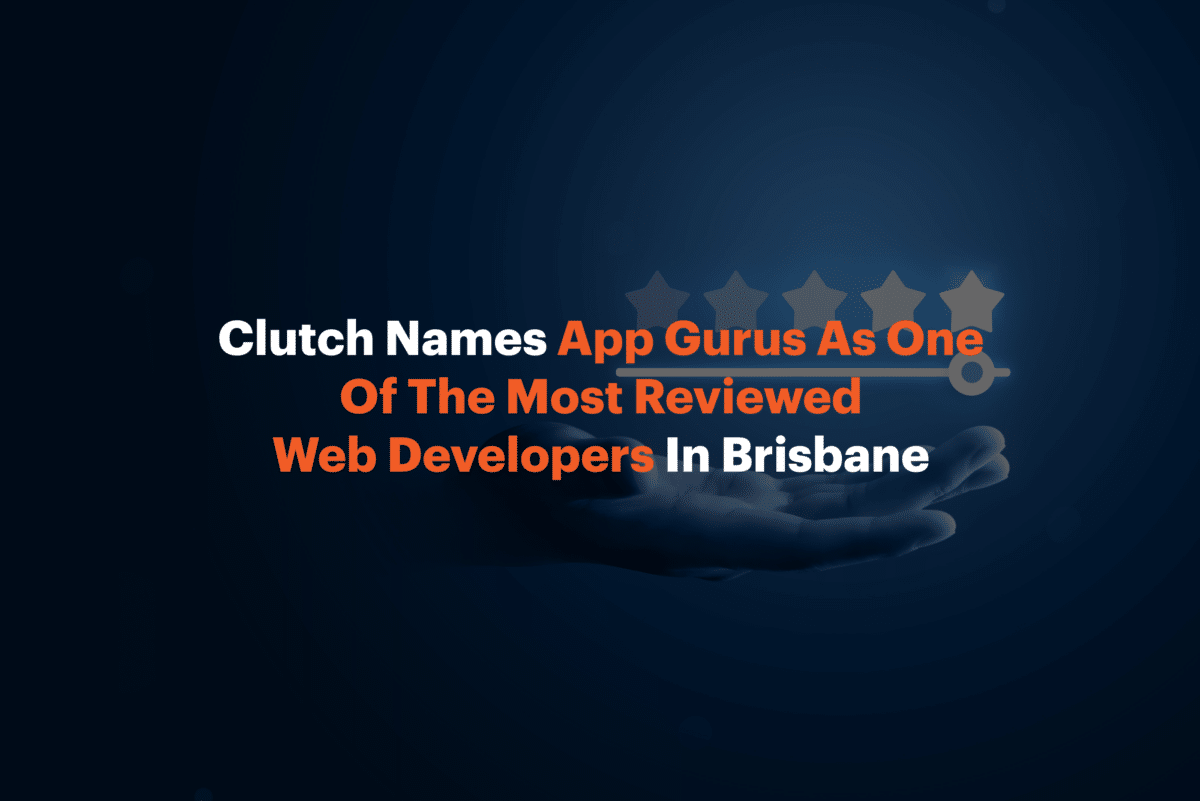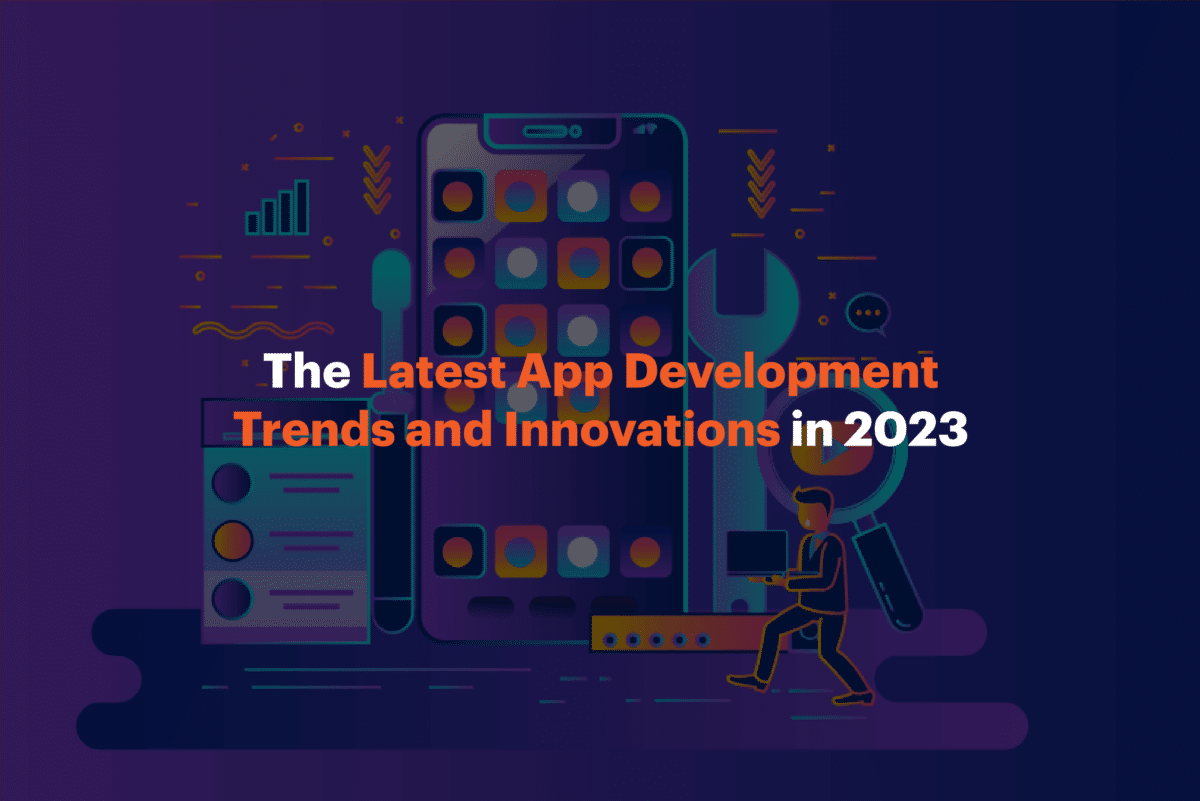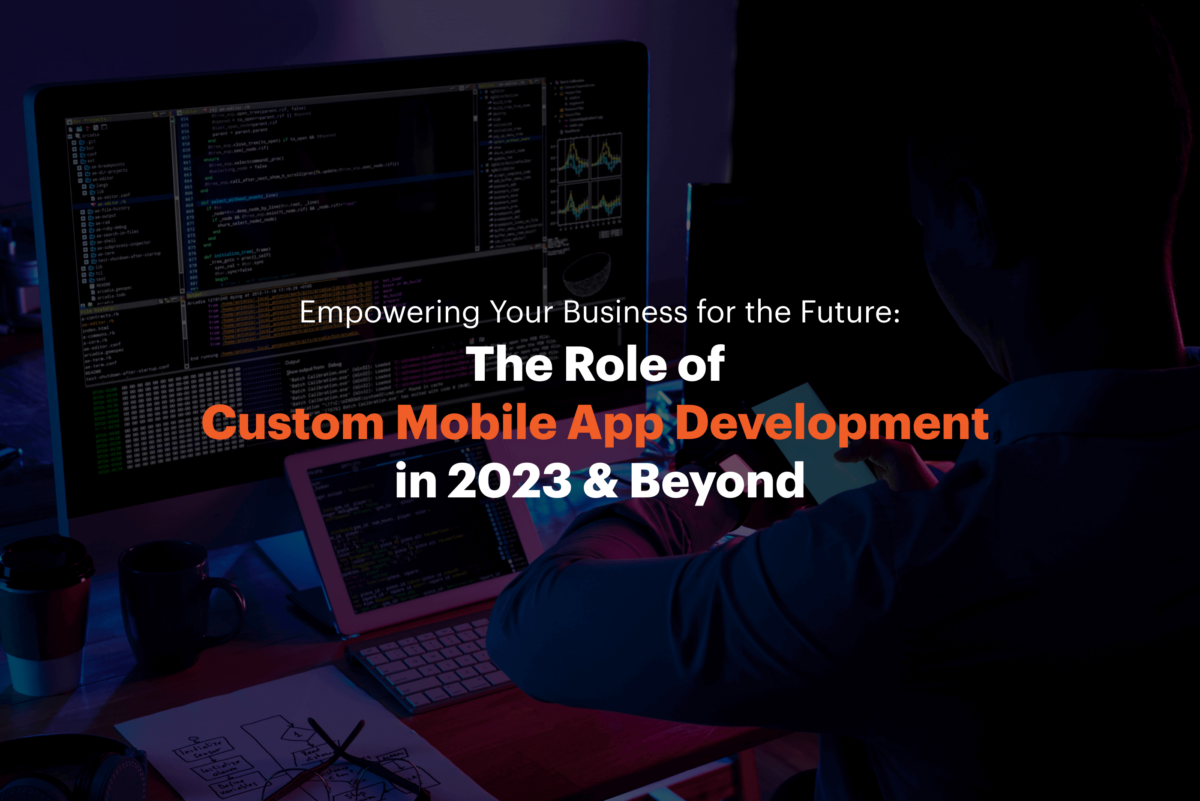Contact Us
If you have made it this far, you are here with a reason. You need our help! We are super friendly and genuinely care to help you succeed.
Enquire today to receive a FREE consultation with an App Guru.
Get in Touch
info [at] appgurus.com.au- Call Us
- 1300 699 571

One of the most fascinating and quickly expanding fields of technology is mobile app development . As smartphones, tablets, and other mobile devices have become popular, many developers have chosen to pursue lucrative careers in app development. Here are some pointers to get you started if you're interested in developing your own mobile app.
Define Your Idea
Before you start developing your app, you need to define your idea. This means identifying the problem your app will solve or the need it will fulfill. You also need to determine the target audience for your app and what features it will need to have. Spend time researching your target market and analyzing the competition to ensure your app stands out.
Choose a Platform
Once you have a clear idea of what your app will do and who it will serve, you must choose a platform. There are two main options: iOS and Android. Each platform has advantages and disadvantages, so it's essential to consider your target audience and their preferences when making this decision.
If your target market is primarily iPhone users, you'll want to focus on developing an iOS app. If your target market is primarily Android users, you'll want to focus on developing an Android app. However, if your target market is evenly split between both platforms, consider developing a cross-platform app that can run on iOS and Android.
Choose a Development Approach
There are two main approaches to app development: native and hybrid. Native apps are built using programming languages and tools specific to a particular platform (such as Swift for iOS or Java for Android). On the other hand, hybrid apps are built using web technologies (such as HTML, CSS, and JavaScript) and can run on multiple platforms.
The choice between native and hybrid development depends on several factors, including the complexity of your app, the resources you have available, and your target audience. Native apps are faster and more responsive than hybrid apps but require more development time and resources. Hybrid apps can be developed quickly and inexpensively but may not perform as well as native apps.
Design Your App
Once you've defined your idea, chosen a platform, and decided on a development approach, it's time to start designing your app. The design of your app is critical to its success, as it will determine how users interact with your app and whether they find it valuable and easy to use.
Your app's design should be clean, intuitive, and visually appealing. It should be easy to navigate, with clear labels and buttons that are easy to understand. It would be best if you also considered your app's color scheme, typography, and overall aesthetic, as these elements can significantly impact how users perceive your app.
Develop Your App
With your design in place, it's time to start developing your app. This involves writing the code that will bring your app to life. If you're developing a native app, you'll need to learn the programming languages and tools specific to your platform (such as Swift for iOS or Java for Android).
If you're developing a hybrid app, use web technologies such as HTML, CSS, and JavaScript. You'll also need to choose a hybrid development framework, such as Flutter, React Native, Ionic, Phonegap or Xamarin, to help you build your app. Flutter and React Native are the most dominant choices for hybrid app development in 2023.
Writing code is very complex and without years of training and experience, it will be extremely difficult to develop your app. App Gurus are experts in this field and can find you any technical solution and bring your app to life.
Test and Refine Your App
Once you've developed your app, it's time to test it thoroughly to ensure it works as intended. You should test your app on various devices and operating systems to ensure it works properly across different platforms.
If you find any bugs or issues, you'll need to go back and refine your app. This may involve fixing bugs, improving performance, or adding new features. This is a common process with every development and mandatory prior to launch.
Also read this: App Development Costs in Australia 2023: Factors Influencing Pricing and Budgeting


